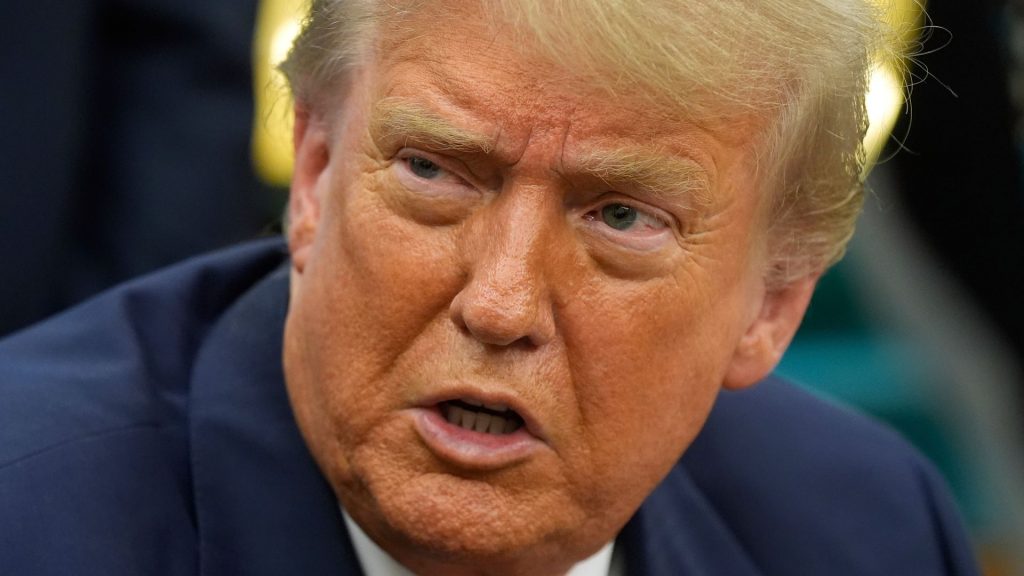Appeals court blocks some Trump tariffs, but order not effective until October

A federal appeals court on Friday said President Donald Trump improperly invoked emergency powers when imposing some sets of import tariffs in a 7-4 decision. Still, the tariffs will be allowed to go through until October, per the order.
United States Attorney General Pam Bondi confirmed on X The Justice Department “will appeal this decision and continue to fight to restore the president’s lawful authority.”
Tariffs and trade deals
Trump, in April, officially enacted the tariffs on what he called “Liberation Day.” He had already put tariffs on China, Mexico and Canada.
Those were later suspended for 90 days so the United States’ trading partners could negotiate with American officials to prevent larger tariffs.
While some countries were able to come to a trade deal, others were not.
To impose these tariffs, Trump used the 1977 International Emergency Economic Powers Act and declared America’s trade deficits a national emergency. He’d previously argued the situation at the border constituted a national emergency as well, and used that to justify what he called “trafficking tariffs” on Mexico, China and Canada from February.
Five small businesses and 12 states filed lawsuits over the tariffs.
What did Friday’s ruling say?
In their Friday ruling, the federal appeals court said “it seems unlikely that Congress intended, in enacting IEEPA, to depart from its past practice and grant the President unlimited authority to impose tariffs.”
“The statute neither mentions tariffs (or any of its synonyms) nor has procedural safeguards that contain clear limits on the President’s power to impose tariffs,” the court said in its majority decision.
In addition, the majority wrote, “the core Congressional power to impose taxes such as tariffs is vested exclusively in the legislative branch by the Constitution; when Congress delegates this power in the first instance, it does so clearly and unambiguously.”
The Associated Press noted that the United States Court of International Trade in New York also said in May that Trump’s Liberation Day tariffs “exceed any authority granted to the President’’ by the IEEPA.
On Friday, Trump posted on social media that “tariffs are still in effect,” adding if they went away completely, it would be “a total disaster for our country.”
Treasury Secretary Scott Bessent said in a statement to the court on Friday that not allowing Trump’s tariffs would lead to “dangerous diplomatic embarrassment” and interrupt negotiations.
Meanwhile, the plaintiff’s attorney Neal Kaytal called the court’s ruling a “a win for the American Constitution” in an interview with CNN anchor Jake Tapper.
“It’s a win for the American Constitution, that our founders basically said that decisions that are major over things like taxation have to be done by the Congress, not by the president and the stroke of his pen,” Katyal said .”I think the court overwhelmingly today, in a 7-4 decision, rejected President Trump’s notion that he can do whatever he wants whenever he wants.”
According to the AP, the court order does not cover Trump tariffs on foreign steel, aluminum and automobiles or ones the president set in his first term.





